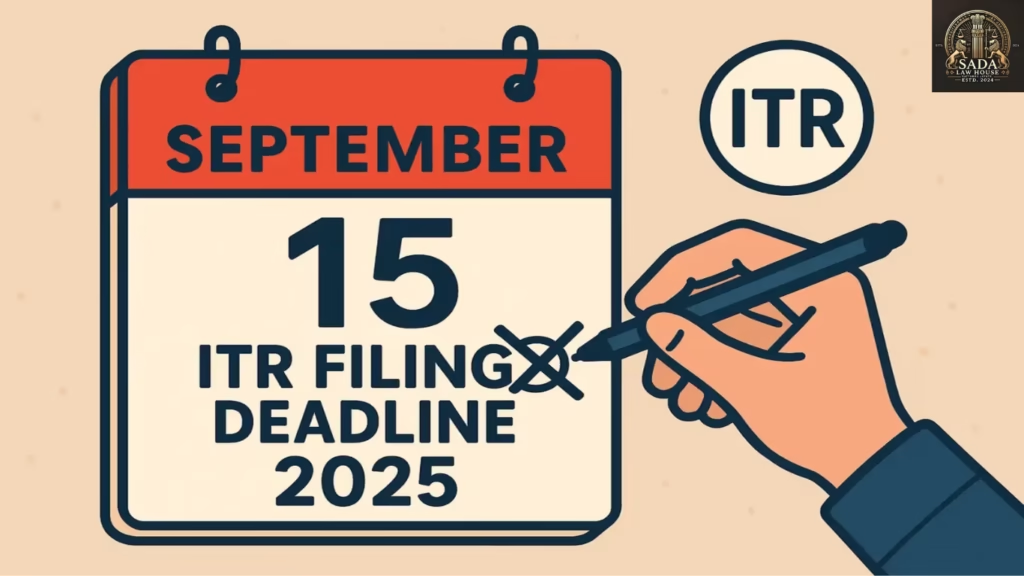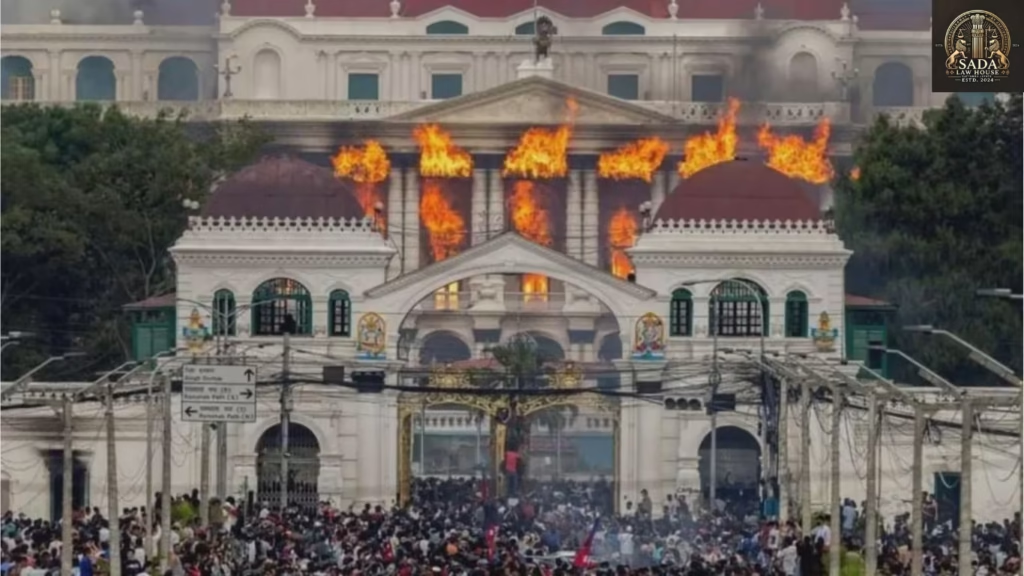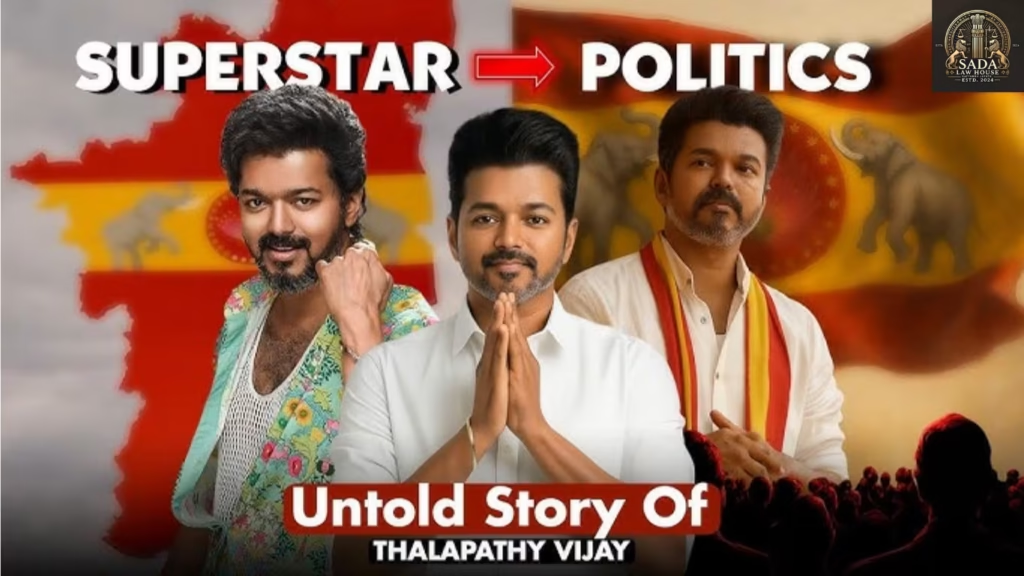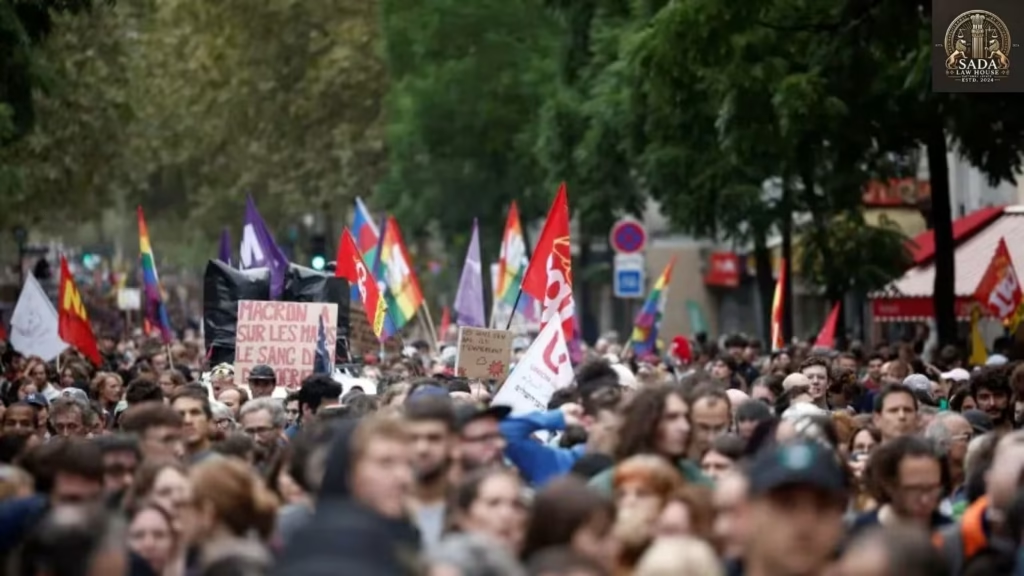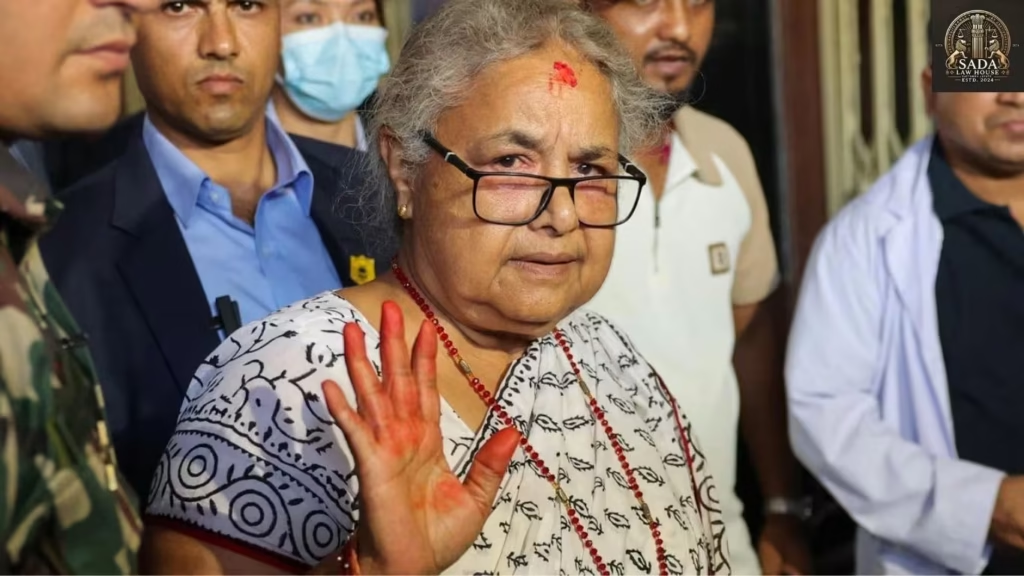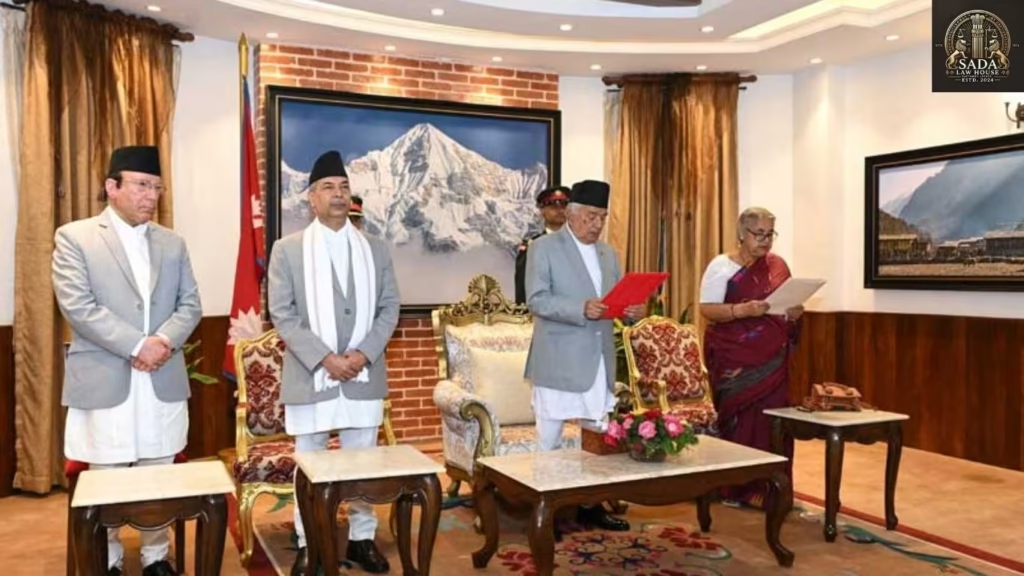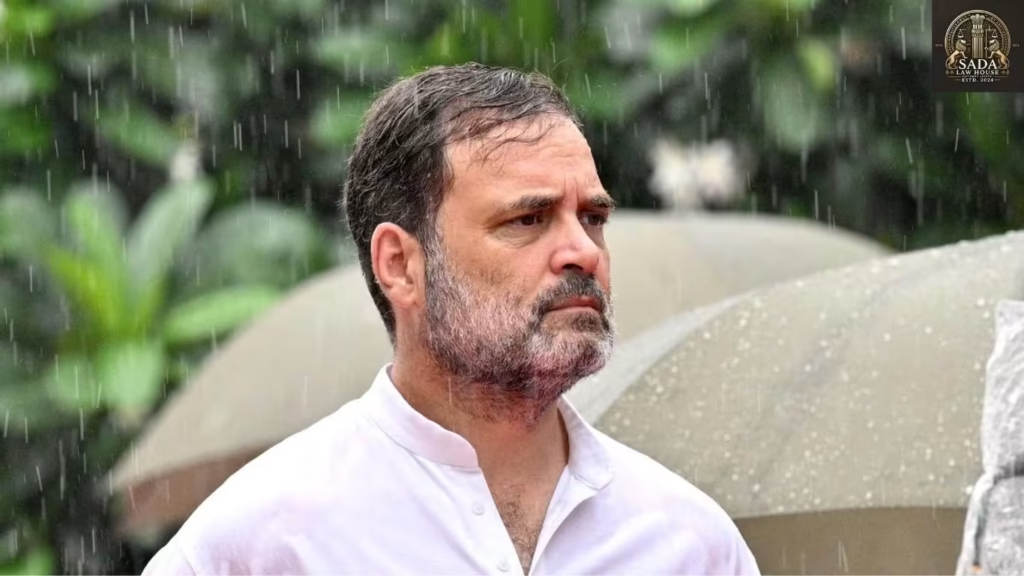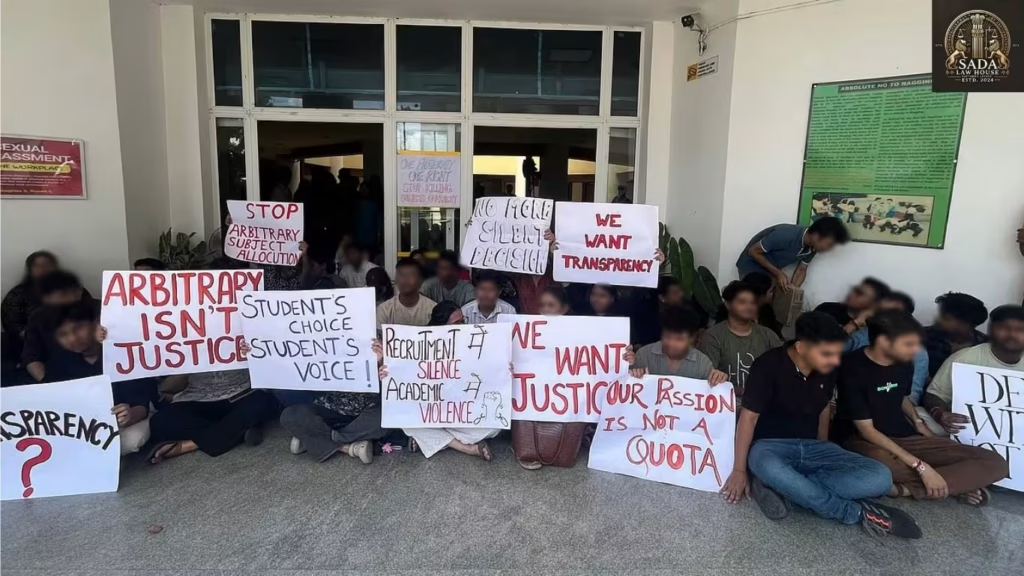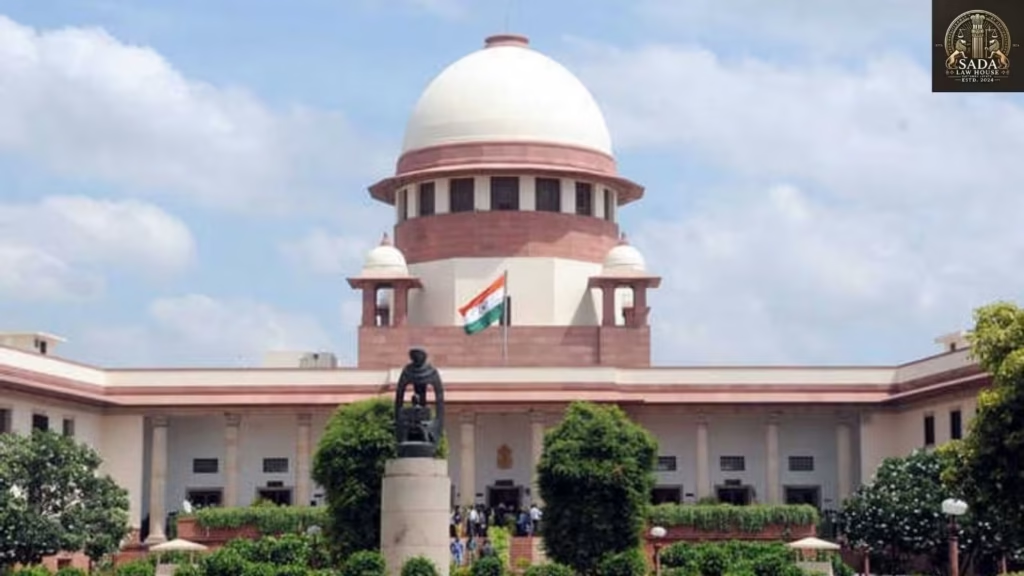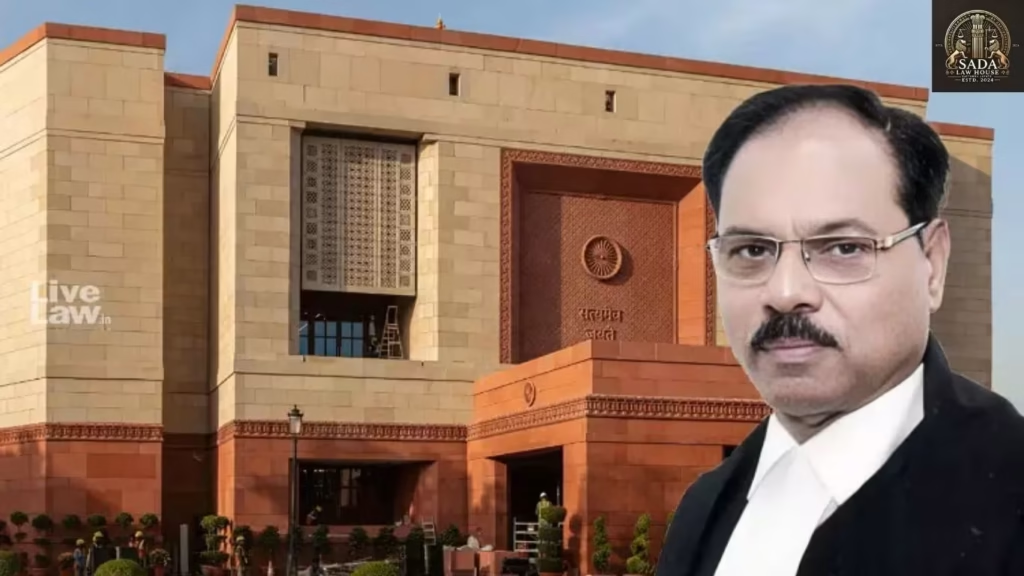ITR Deadline 2025: Whether September 15 Will Be Extended — Live Updates
Trending Today ITR Deadline 2025: Whether September 15 Will Be Extended — Live Updates Nepal’s Major Parties Demand Reinstatement of Dissolved Parliament From Screen Legend to People’s Leader: Vijay’s Realpolitik Journey LEGAL JOB OPPORTUNITY AT INDIRA GANDHI NATIONAL OPEN UNIVERSITY LEGAL JOB OPPORTUNITY AT CHANDHIOK & MAHAJAN, ADVOCATES AND SOLICITORS LEGAL INTERNSHIP OPPORTUNITY AT SHRAFF LEGAL, ADVOCATES LEGAL INTERNSHIP OPPORTUNITY AT NOVATION LEGAL LEGAL JOB OPPORTUNITY AT CREDGENCIS LEGAL JOB OPPORTUNITY AT THE CHAMBERS OF SAURABH SETH France’s New Prime Minister Faces Mass Protests and Financial Downgrade in Tumultuous Week ITR Deadline 2025: Whether September 15 Will Be Extended — Live Updates Shivani Garg 15 September 2025 Introduction The deadline for filing Income Tax Returns (ITR) for Assessment Year (AY) 2025–26, covering income earned in Financial Year 2024–25, has already been extended once by the Central Board of Direct Taxes (CBDT). Originally set for 31 July 2025, the due date was pushed to 15 September 2025 due to delays in ITR utilities and changes in filing systems. With the extended deadline now approaching, taxpayers are anxiously watching for signs of another extension. Background The extension to September was granted to give individuals and non-audit cases more time to adapt to substantial changes in ITR forms and system readiness. However, as the new deadline nears, technical glitches, slow portal responses, and late release of filing utilities continue to trouble filers, prompting fresh appeals from taxpayers, tax consultants, and professional associations for another extension. Current Status As of now, there is no official notification from the CBDT or the Ministry of Finance about extending the deadline further. Government sources indicate reluctance to prolong the filing window, stressing the need to stick to compliance timelines. Consequences of Missing the Deadline If taxpayers fail to file by 15 September 2025, they can still submit a belated return up to 31 December 2025. However, this comes with consequences: Late fee under Section 234F. Interest liability under Section 234A (if tax is outstanding). Delays in refunds. Increased chances of scrutiny by the Income Tax Department. Outlook With mounting pressure from professional bodies and taxpayers, the government may face last-minute calls to reconsider. However, unless an official extension is declared, taxpayers are advised to complete their filings before 15 September 2025 to avoid penalties. Leave a Reply Cancel Reply Logged in as Sada Law. Edit your profile. Log out? Required fields are marked * Message* Live Cases ITR Deadline 2025: Whether September 15 Will Be Extended — Live Updates Sada Law • September 15, 2025 • Live cases • No Comments Nepal’s Major Parties Demand Reinstatement of Dissolved Parliament Sada Law • September 15, 2025 • Live cases • No Comments From Screen Legend to People’s Leader: Vijay’s Realpolitik Journey Sada Law • September 15, 2025 • Live cases • No Comments 1 2 3 … 5 Next »
ITR Deadline 2025: Whether September 15 Will Be Extended — Live Updates Read More »

